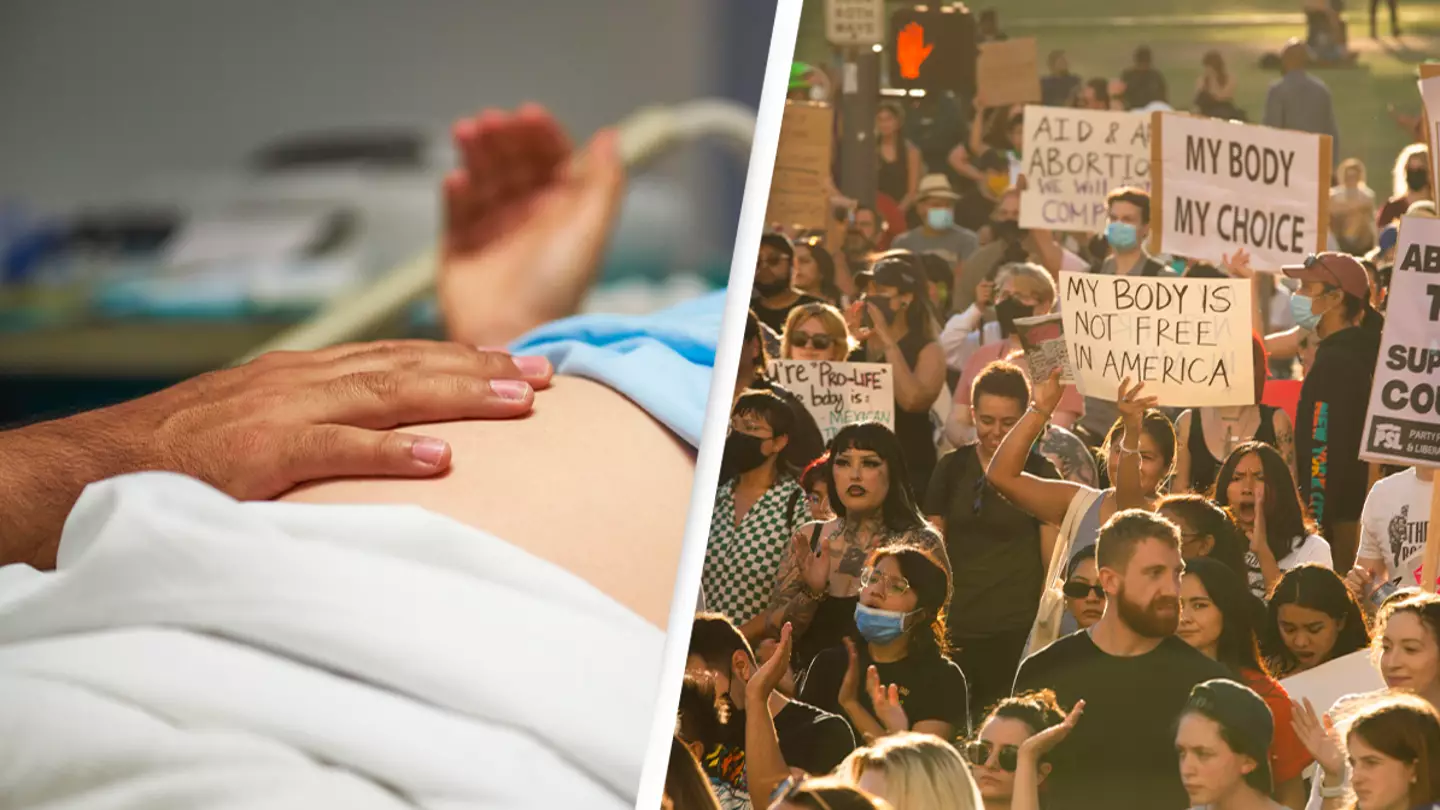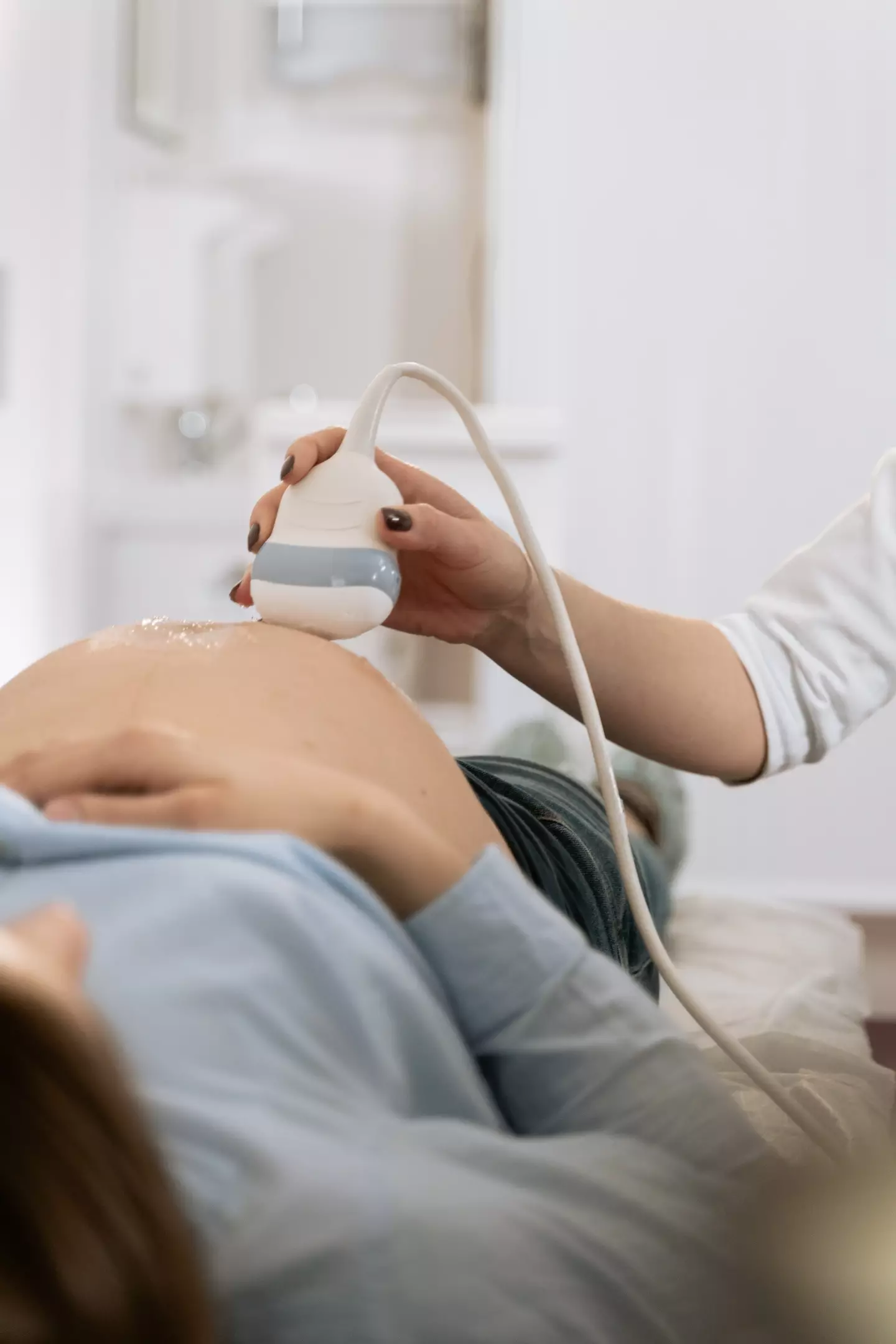
A woman could be forced to give birth to a headless baby due to an abortion ban in the state.
Nancy Davis, who lives in Baton Rouge, Louisiana, was 10 weeks pregnant when she and her partner were told that their baby will not survive outside the womb.
According to Davis, who is currently at 13 weeks gestation, their unborn child was diagnosed with acrania during their 10-week ultrasound.
The fatal condition causes the baby’s skull to form improperly in utero, meaning the brain tissue is freely exposed to amniotic fluid.
Advert

According to medical experts, babies diagnosed with the condition may only survive minutes, hours or days after birth.
Because of the near-total abortion ban in the state - which only allows a termination in order to save the life of the mother or when a child would not survive birth - Davis was told by doctors she will have to carry her baby to term or find another state which will perform the procedure.
She told local news station WAFB: “It’s hard knowing that I’m carrying it to bury it... you know what I’m saying.
Advert
“It was an abnormal ultrasound, and they noticed the top of the baby’s head was missing and the skull was missing, the top of the skull was missing."
Despite their baby receiving a poor prognosis, the condition is not under the list of qualifying conditions which would allow a termination.

Davis must now decide whether to continue carrying the child, whom she and her partner were once so excited for, or cross state lines to access medical care.
Advert
“Florida is the closest... so ideally Florida. But then the next closest place would be North Carolina or something,” Davis explained of her options.
The state of Florida only allows abortions for up to 15 weeks, with exceptions for victims of rape, incest, domestic violence or human trafficking (only with documentation). Patients undergoing a termination must have two appointments at least 24 hours apart.
Meanwhile, in North Carolina, abortion is legal and ‘may be performed at or after viability only in cases of life endangerment or severely compromised health’, but patients must receive counselling and wait 72 hours before the procedure, as well as have an ultrasound.

Advert
She has now said she needs to make a decision quickly, as her closest state to access the procedure will cut off her eligibility for an abortion in just two weeks’ time.
Davis now also believes that lawmakers in her home state should consider further foetal medical issues when qualifying who should be allowed an abortion.
She said: “I just want them to consider special circumstances as it relates to abortion. Medical problems like this are one that needs to be [included] in that.”
Davis is also willing to go before the law to raise awareness of her child's condition and her need for an abortion.
Advert
For help, support and advice about abortion, contact the National Abortion Federation on 1-800-772-9100, EST 8am-7pm EST Monday to Friday or EST 8am-4pm EST Saturday to Sunday.
